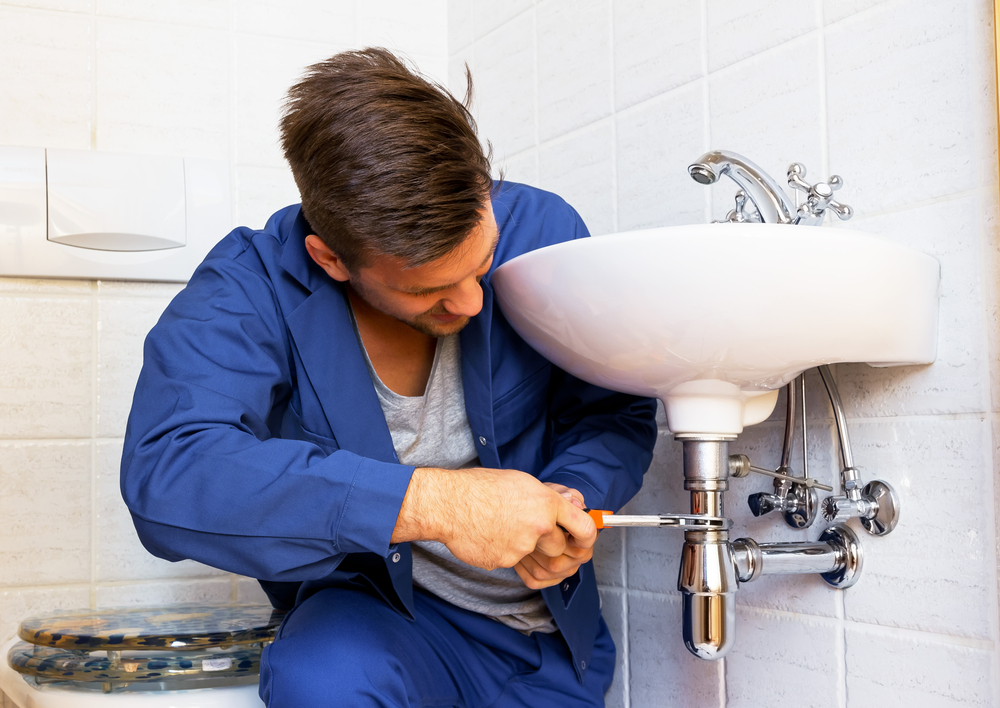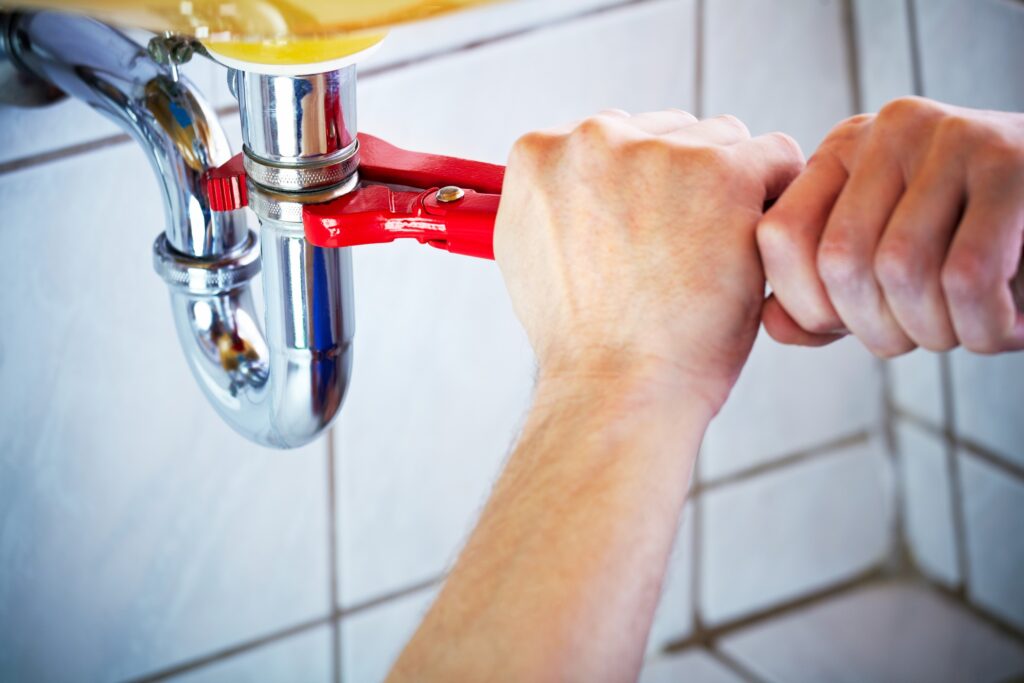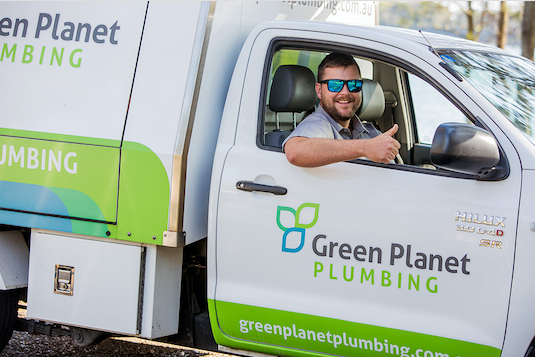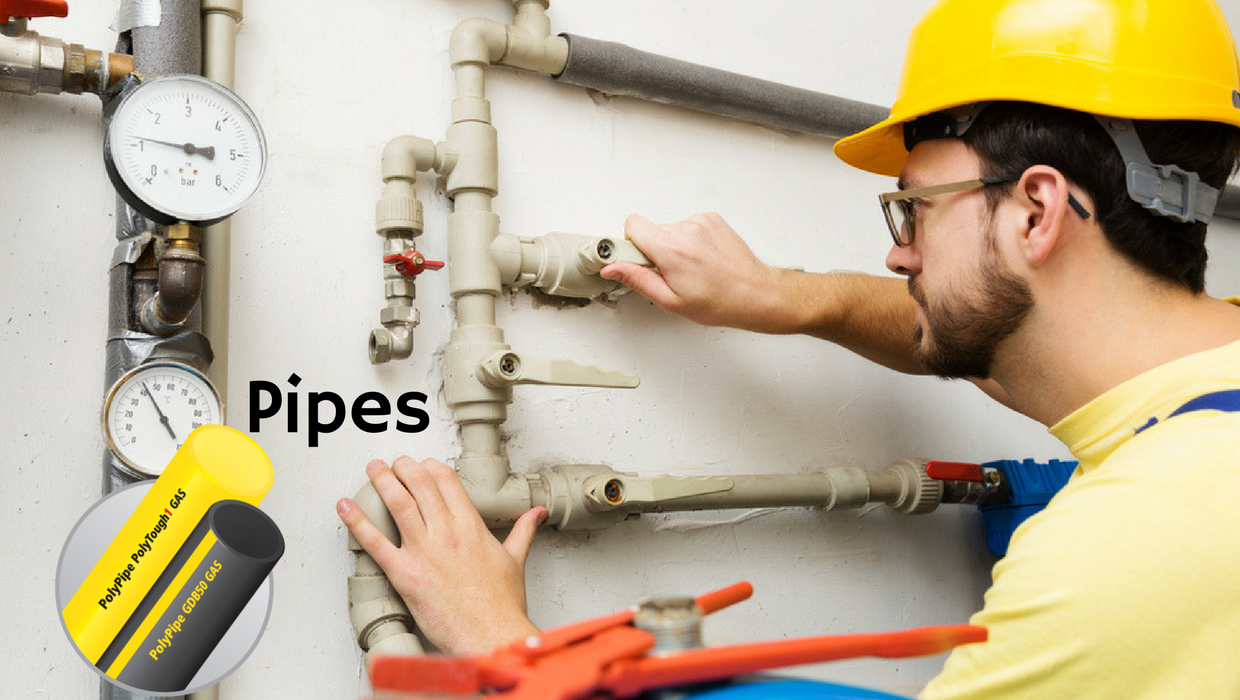Sometimes we think that if we let time pass, plumbing problems will not be expensive. However, it is quite the opposite. When a situation worsens, spending increases.
Just as we pay attention to painting or decoration, plumbing also needs maintenance. We may not be able to tell if something is wrong because we are not experts, but we do have the ability to pay attention to certain issues, such as leaks or blockages. In this article, we will tell you more.
Plumbing: preventive maintenance
It is true that many times we wait until the situation cannot be reversed to call a plumbing (or any other trade) officer. We may think that this is how we are saving money when the opposite is true. Repairs can cost us much more if the damage is greater!
Therefore, prevention is essential. And this means not standing idly by until the tap no longer closes or the toilet leaks from underneath. It does not hurt that from time to time a plumber examines the connections and installations well, and if something does not work correctly, change it before the situation worsens.
The most common problems at the plumbing level are overflowing drains (when the remains of food or hair in the bathroom clog the pipes), bad odors despite thorough cleaning, noisy pipes, leaky taps and drain in water pressure. We have to pay attention to all this to repair at the right time.
Plumbing tips for the bathroom and kitchen

These two environments (along with the laundry room and the exteriors) are the ones with plumbing connections, and also the ones that present the most problems. Pay attention to these tips for preventing unhappy situations at home:
1. Check for leaks in the toilet, bidet, or sink
It is easy to tell in the bathroom if there are leaks because we can find water on the floor after all night (no one has used the bathroom) or the surface of the toilet or sink wet or damp.
In the kitchen, it is a bit more difficult because you have to open under the counter and take a look. But we can also find out if, for example, when removing an object stored there, it is wet.
2. Evaluate the water pressure
If the water does not come out of the taps from time to time with great force, it may be an external problem. However, if this is common, a plumbing expert should be contacted.
Sometimes the low pressure in the bathtub or shower has to do with the accumulation of scale , others with the lack of maintenance of the pipes, if they are very old.
3. Look for wet spots
One of the best ways to identify plumbing problems is when moisture stains appear, either on the ceiling or on the walls. Of course, if we get to that point, the situation is quite advanced, but if we repair it at the first sign, we can avoid a greater expense.
4. Clean the drains
One of the most common problems in homes is that the drains and pipes become clogged due to the accumulation of dirt. The grease from the dishes, the cleaners that are commonly used, the product we use in the washing machine, the soap or the shampoo when we bathe, the hair that falls out… everything accumulates and creates an obstacle for the water.

Also, when the drains are not clean, the bad smell makes itself felt. A good way to avoid this is to place grids so that certain elements do not pass through. Another option is to open the vents from time to time and remove all accumulated dirt (of course using gloves).
Some people choose to use certain products that are responsible for removing grease and unclogging the pipes. There are even homemade recipes: baking soda and vinegar, hot water, or baking powder.
Finally, when a tap leaks, we recommend that you do not make the mistake of closing harder each time because that makes the situation worse. The first moment you hear the annoying drop at night, change the rubber disc, which is the one that usually breaks.

Until you call your plumbing expert, you can place a rag in the sink so that the drops fall there and not make a noise. Or put a rope that goes from the tap to the drain, so that the water runs through there and does not make a sound.

